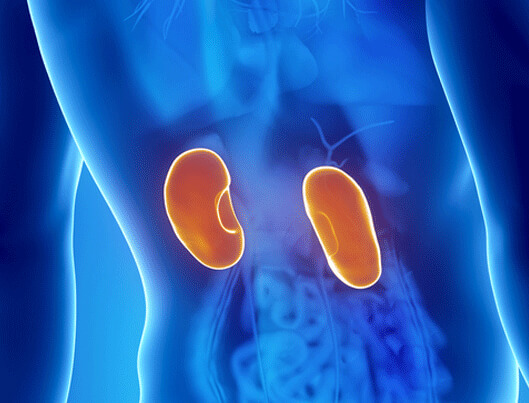
The Pain of Kidney Stones from a Personal Experience!
They are small, hard crystals made of dissolved minerals found in the urine. They form inside the kidneys and can be as small as a grain of sand or as large as a golf ball.
Kidney stones form when the urine contains more crystalforming substances – such as calcium, oxalate and uric acid – than the fluid can dilute. At the same time, your urine may be lacking in the substances that prevent crystals from sticking together, creating an ideal environment for stones to form.
About 90% of kidney stones are mixed stones with the commonest minerals being calcium and oxalate.
The bad news is that over the past 10 years, the prevalence of stones has increased worldwide and the incidence of stones is now seen in younger people due to dietary changes.
Size matters
If kidney stones are small enough, they pass through the urinary tract and out of the body. It can be quite painful to pass them out but they usually don’t cause permanent damage when they are this small.
But if they become too large, about 2-3mm in size, they can block the passage of urine and cause acute pain during urination. As for me, it took three days and six intense 25-minute colic episodes! My female patients tell me that this is similar to labour pain! Thankfully now we have oral medications to help pass out small stones faster and with less pain.
The stone rubbing against the inner lining of the urinary tract can cause damage and bleeding, and the injured site can become the site for recurrent infection.
Kidney stones can sometimes cause kidney damage and failure as a result.
Do you have kidney stones?





Risk Factors & Causes
What to do?
If stones are suspected, you need to get tested using means such as blood tests, which can reveal the concentration of calcium or uric acid in your blood; urine tests, which can reveal if there are excessive stone-forming minerals or too few stone-preventing substances; X-rays or non-contrast rapid Computerised Tomography (CT), which can show kidney stones, how hard they are, and their effects on the urinary tract.
Depending on size and composition, stones can be removed through a spectrum of approaches, ranging from drinking lots of water to flush them out, to shockwaves to break up stones, laser technology to remove stones, and percutaneous renal surgery to remove very large stones.
Don’t suffer like I did before seeing a urologist to manage this common problem.
Location
Mount Elizabeth Medical Centre,
Singapore 228510
Number
| Tel | |
| Tel | |
| Fax | : (65) 6838 1216 |
| 24-hour answering service |
Address
Hours
Mon-Fri | : 9:00am - 1:00pm 2:00pm - 5:00pm |
Sat | : 9:00am - 12:00pm |
Sun/PH | : Closed |





